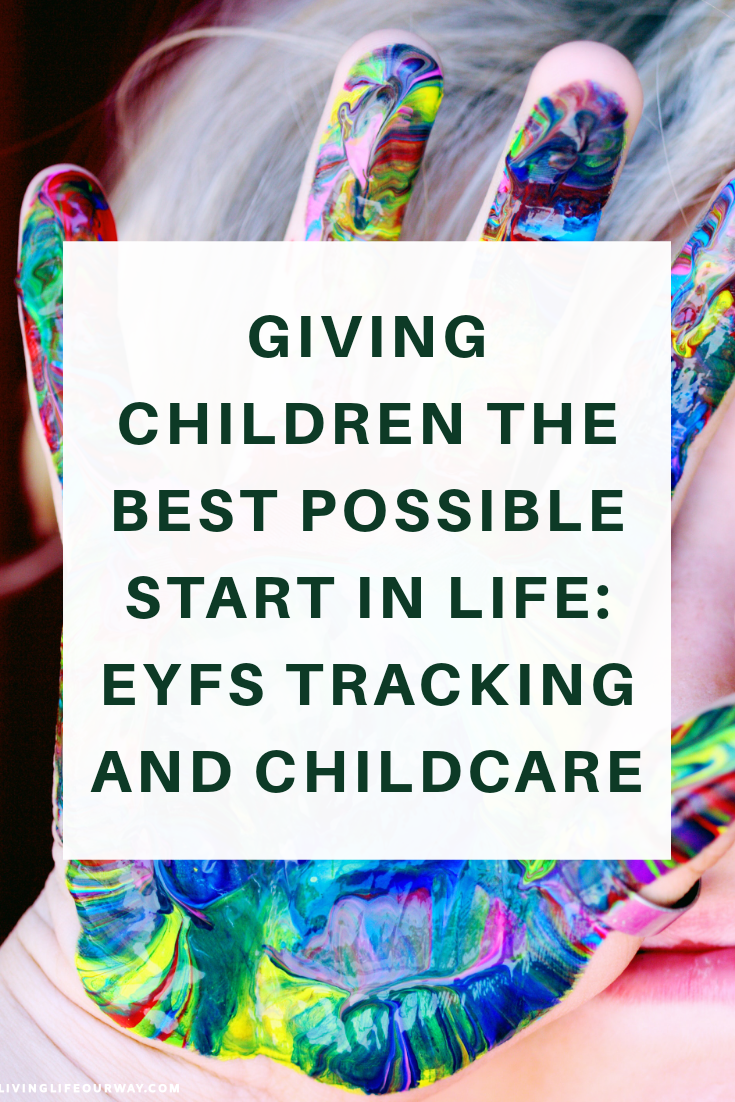We all want the very best for our children, especially when they are babies and have all the potential in the world. But how do we make sure that the other people in their lives will have their best interests at heart too? Fortunately, the UK government has realised that early intervention is needed in the case of most learning difficulties and it implemented the Early Years Foundation Stage (EYFS) tracking program in 2008 to ensure that all children in the UK have the best possible start in life.
What is it?
EYFS is a system by which children are monitored from the time they are born until the end of the academic year following their fifth birthday. Seven factors are monitored, with a range of milestones, divided into six bands (birth to 11 months, 8 months to 20 months, 16 months to 26 months, 22 months to 36 months, 30 months to 50, months and 40 months to 60 months). These time bands broadly overlap to allow for the tremendous differences between the rates of development that children experience – some will make slow, steady progress continually, others will proceed in leaps and bounds, and others will seem to be very delayed for no particular reason and then suddenly catch up with the norm of their cohort!

When Should I Be Worried?
Your childcare professional will alert you to any red flags raised by their EYFS tracking system – which is usually computerised to allow for the easy collation and study of reports detailing individual children’s progress, that of the class, and even of the national cohort. Should it be suspected that your child has any learning difficulties, emotional problems or other areas of concern, you will be contacted and a remedial plan or coping strategies put into place.
If there are no concerns, you will most likely only hear from your childcare provider about EYFS twice: once when your child is two or thereabout, and again when they are five and are about to pass out of the EYFS framework. At this time, they will be deemed ready for formal education. Hearing about learning issues at this stage is very unlikely as the whole point of EYFS is to spot and intervene with these issues as early as possible.
If you have already been alerted to potential issues with your child, you will be given recommendations and records to pass along to your child’s new school. This information will help the new school to draw up and implement a specialised plan for your child (called an IEP – Individual Education Plan, or an ILP – Individual Learning Plan) that will help them to cope well with school and will also access funding for the school to properly support your child’s learning needs.
Assessments and monitoring during EYFS are designed to be minimally impactful on the child and primarily consist of watching the child and interacting with them as they learn through playing and socialising with other children.

*This is a collaborative post

